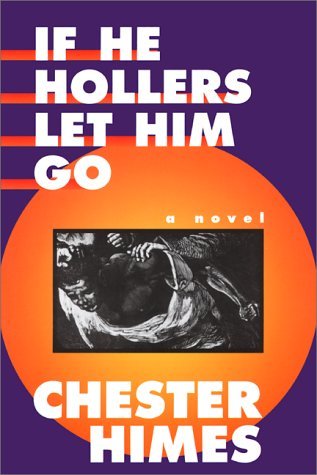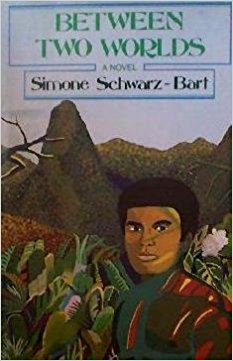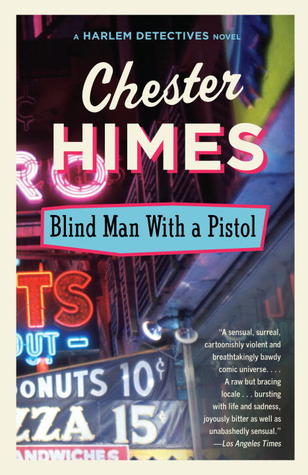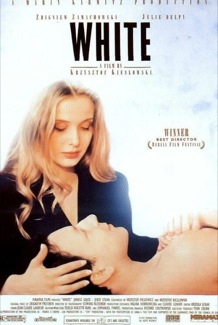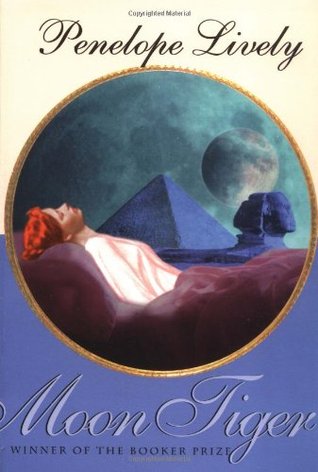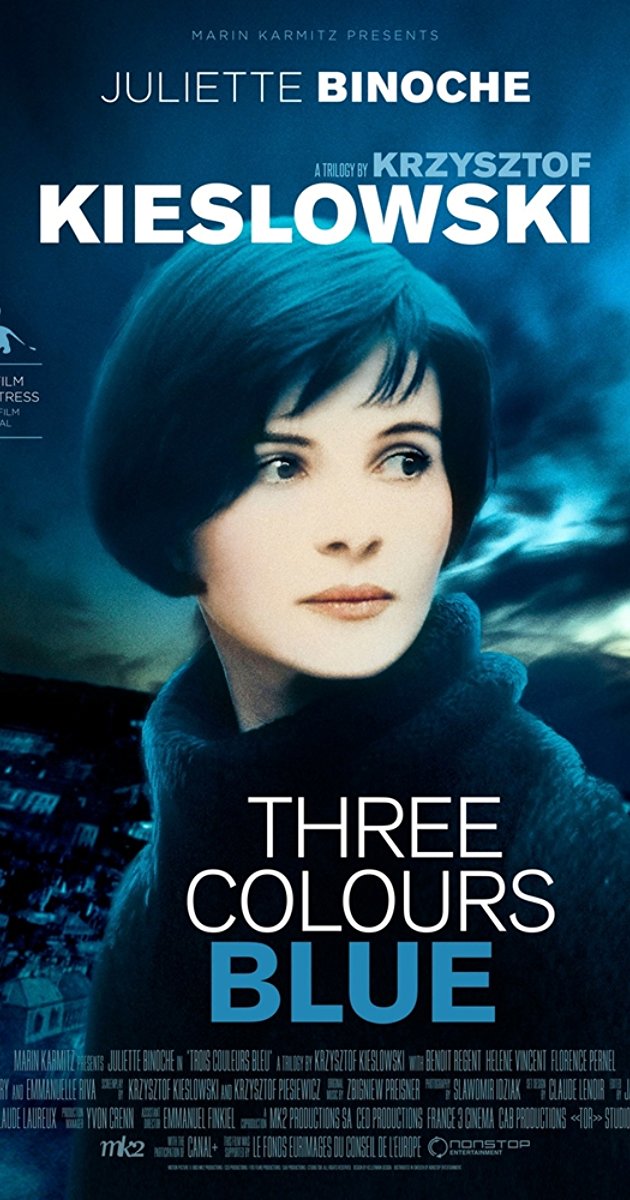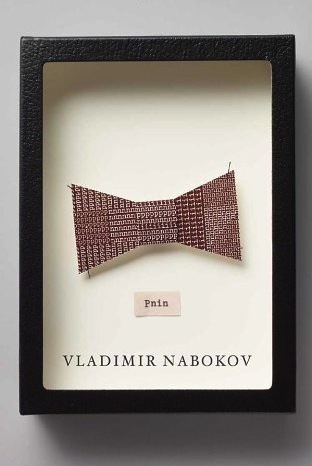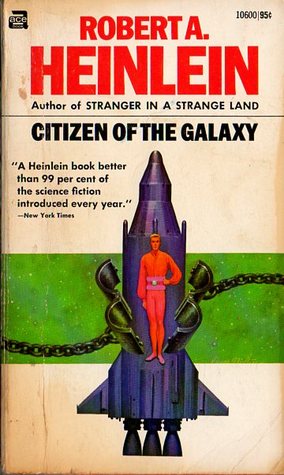Media I Consumed April 30th, 2018
I know it’s been hard for you having to two weeks without an update, and I’m sorry, OK? I’m sorry. Calm the shit down. You’re not on my fucking Patreon. LA has weird shit on the walls. I drove up to Seattle along the PCH for the second time this year and it was still awesome. It turns out it’s easy to put up a tent. Thing’s are often easier than you think they will be. I have listened, read, and watched the following.
Music!
· This month ended up mostly about being female singer songwriters with a pleasant drone and a lot of boom bap hip hop.
· Sean Price’s last album is not his best album but it’s not bad—I always loved his weird mix of super violent imagery and paeans to Bernadette and his kids. RIP.
· Monarch > Wye Oak
· Having not listened to the Dead with any seriousness in going on 20 years I realized I didn’t realize what a good lyricist Robert Hunter was.
· Open Mic Eagle is fucking incredible.
· I listened to Different Now by Chastity Belt for about 18 hours in a 24 hour period two weeks back.
Books!
Piano Tales by Felisberto Hernandez – Really remarkably weird. Felisberto’s obsessions – with tactile sensations, with the secrets of strangers, with inanimate objects and morbidly obese woman – are entirely his own, and expressed in a gloriously peculiar fashion which seems unique now and must have been utterly unfathomable upon its release. They aren’t really my obsessions, however, and there is this kind of maddening similarity to his writing, I read halfway through one of the short stories in here before realizing I read it last week. Certainly original, potentially brilliant, but two collections in I haven’t read anything which really struck me on an emotional level, and I’m not sure I’ll have the energy to work much further through him.
Basic Black With Pearls by Helen Weinzweig – A middle aged woman follows her lover, an American spy across the world, their liaisons arranged according to a complex code which only the two of them can decipher. Stranded in Toronto, the city where she was raised, ‘Lola’ is forced to come to terms with her personal history and her tortured relationship with men. Sort of. I found the book pleasantly opaque, refusing to offer answers to any of the myriad of mysteries it introduces, even in so far as revealing whether the protagonist’s lover is real or a figment of her imagination. That said, the essential underlying theme – the ways in which women make themselves slaves to love, or how society forces them into this role – is presented in kind of a ham-fisted fashion, and for that matter it’s tough to entirely take seriously a scorching feminist critique which ends with the heroine (unironically, so far as I could gather) heading off to the apartment of a man she just met to spend the rest of her life happily in love.
The Dog of the South by Charles Portis – A thinner Ignatius J. Reilly travels from Alabama to Honduras in pursuit of the wife who cuckolded him and the car she stole. There’s no plot to speak of, mostly the text is a series of extended conversations between our protagonist and the madcap characters he runs in to. This kind of thing lives or dies on the strength of the author’s wit, obviously, and as anyone who read True Grit knows Protis has it in spades—this is pretty laugh out loud funny. It’s also pretty long, though, and a lot of the conversations starts feeling similar, and even within themselves they tend to go on a little longer then they need to. I think this kind of comic novel works a lot better at 200 pages than 300, but ultimately this is a pretty minor quibble and you could do a lot worse for a bus ride or whatever then picking this one up.
Loving by Henry Green – I gotta say I’m pretty fucking over upstairs/downstairs stories and books about English high society generally speaking. It wasn’t enough that we had an entire body of literature written during this actual period, somehow there are still folk searching for little gems of profundity to be quarried from the most exhausted literary mine in history. Actually the only reason I ended up reading this is because I didn’t really know what it was about -- some nights around one am I log on to the Los Angeles Public Library ap and root around for things that interest me, and then I go to bed and then a few days later I pick them up having no memory or what I ordered. Which, that opening to the contrary, worked well here because I actually quite liked this. Greene creates an enormously dense, real-seeming population in this story of a cast of servants bickering at each other in a manor house in WWII Ireland, and for the first hundred and fifty pages it was a real joy to decipher their complexities. But it kinda doesn’t go anywhere, or it least it didn’t really go anywhere for me, and I thought the ending was far too neat (deliberately neat, but that didn’t stop me from not liking it). Still, I mean, a ton of artistry here, I’ll read another from Greene.
Nightwood by Djuna Barnes – To give any sort of description of the narrative to this would be pointless, although I’ll remember it personally as a modernist poison pen to an ex-lover. This is the sort of book which is meant to be deciphered rather than read, but you can still generally glean a few bits from even a first reading. The writing is difficult, occasionally brilliant, occasionally maddening; I found myself banging my head against the table a bit at the page long descriptions of people’s clothing, and some of the monologues left me equally bored. But there were some excellent, excellent lines, insightful or just enormously peculiar. On the other, other hand it does have that classic (though not universal) failure common to this style of fiction where the thing seems to become entirely an intellectual exercise, and even when I did manage to figure the linguistic riddles I was still left kind of cold on the affair. On the other, other, other hand, it’s brief. In summation; I found the reviews on the back to be a little over the top (try and forgive Ms. Barnes the Burrough’s encomium) but basically felt reading this to be a valuable exercise.
The Topless Tower by Silvina Ocampo – A long short story about a young boy who finds himself transported to a tower by the devil, sort of. I’ve been obsessed with Ocampo since I read her NYRB collection last year, which is marvelous and should shoot to the top of your read pile, and this was clever in parts but not as good as most of the ones there. Still, it will tide me over until NYRB Classics gets around to releasing another anthology of her works.
The Seven Good Years by Etgar Keret – A collection of short essays about the span between the birth of Keret’s son and the death of his father. I admire Keret enormously, the short fiction I’ve read by his is lovely and life-affirming and hysterical, I was very excited to read this, it’s OK. Honestly I felt like a lot of it he was sort of coasting, in the sense that the essays did not always come to the razor sharpest of points. It’s upbeat and super readable but inferior to his short fiction.
The Decapitated Chicken and Other Stories Horacio Quiroga – Short fiction by an Uruguayan/Argentinian Kipling/Poe. Creepy! Weird! You can see the influence on Borges here, certainly, although it’s less polished if arguably rawer. There are a couple of short ones about men dying that are really excellent, and a long one called Anaconda which is a fabulous exercise in anthropomorphic violence, a sub-genre in which I daresay I know a little bit here and there. Also, what a great title.
A Southern Town, a Country Legend, and the Last Days of a Mountaintop Honky-Tonk by John Lingan – The last honky tonk in the Shenedoah proves the entry point into a collection of essays about the rapid change of rural America, family, authenticity, a lot of other things. Fair warning, I would pay even less attention to my opinion on this one then you are used to normally, since John is a very, very old friend of mine, and I’d happily lie to a stranger to feather his nest, but happily here I don’t need to. John’s a thoughtful guy and writes with a sharp pen, interweaving history and personal experience in the best travelogue tradition. Strong rec.
There Are Little Kingdoms by Kevin Barry – I really like Kevin Barry. City of Bohane really tickled my sweet spot, a nightmarish urban fantasy with the tightest literary chops, and these rambling collection of short stories about an Ireland not seen on Aer Lingus commercials, is top notch. He has a fabulous ear for dialogue, his stuff is very funny without seeming false, you can sort of imagine his cast of low rent drunks and club drug ridden teens talking in the way they talk. The prose altogether is pretty fabulous, there are about a million throw away line I really wiped my brow over. Liked this a ton, check it out. But check out John’s book first.
Movies!
Tobacco Road (1941) – John Ford’s bitter if humorous satire of a clan of rednecks and their attempt to hold onto the family farm, this is weird and mean and funny. Nothing really happens, its just a series of semi-cruel sketches about incest and eating raw turnips and the like, but with Ford directing it the visuals are lovely and it made me laugh a lot.
Paris, Texas – Look, man, I tried, I seriously did, but for me this ended up being a pretty mind-numbing exercise, having to stare at XX sorrowful countenance for what seemed a rough eternity. I gather that most people who understand film better than I do seem to think I’m wrong, and I’m not willing to go toe-to-toe with the common wisdom this early in my career as an unpaid, unread film critic, but apart from some really lovely panoramic shots of Los Angeles this basically didn’t do anything for me.








































